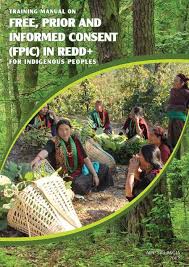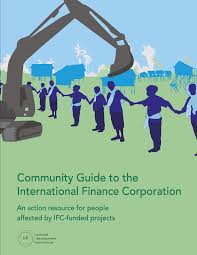Ecosysteemdiensten als ordenend principe voor duurzaam bodembeheer en gebiedsinrichting : Rekenen met de Triple-O aanpak in het Leiden Bio Science Park
Het RIVM heeft meegewerkt aan de ontwikkeling van een methode waarmee kan worden afgewogen welk bodembeheer en welke ruimtelijke inrichtingsplannen het meest bijdragen aan een 'duurzame' groene infrastructuur in een gebied. Deze zogeheten Triple-O aanpak biedt mogelijkheden om de voordelen die de mens heeft van een natuurlijk systeem (bodem, water en groen, oftewel ecosysteemdiensten) in te zetten bij bodembeheer en gebiedsontwikkeling. Triple-O staat voor Ontdekken, Overeenkomen en Ontwikkelen.








